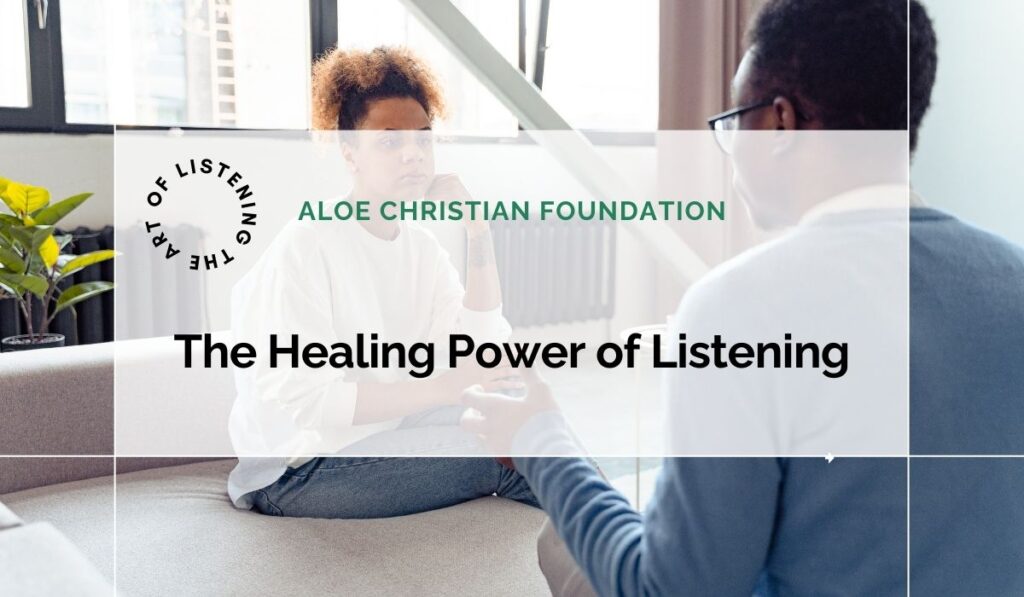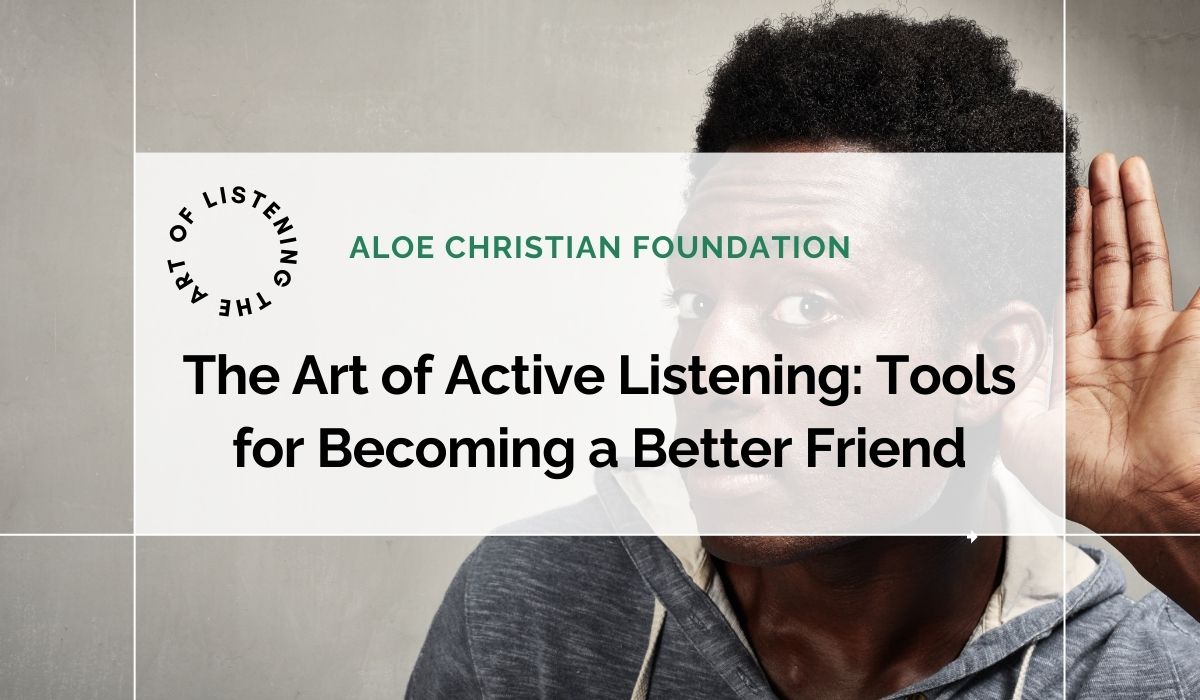In the realm of Christian ministry, the act of listening serves as a profound and transformative force. It’s not merely about hearing words, but about engaging with the stories and hearts of those around us. Listening goes beyond mere communication; it’s a form of ministry in itself.
The healing power of listening is particularly evident in the context of grief and loss. When individuals are faced with the pain of losing a loved one, their need for support and understanding is immeasurable. This is where the skill of active listening shines. Listening, with empathy and compassion, allows those who are grieving to express their emotions, memories, and even doubts in a safe and accepting space.
Moreover, the healing power of listening extends to the realm of mental and emotional well-being. In our fast-paced world, many individuals grapple with stress, anxiety, and depression. Active listening can be a lifeline for those in need. Through the simple act of lending an ear and offering a compassionate presence, we can help ease emotional burdens and promote healing.
As Christian believers, the act of listening is deeply rooted in our faith. It reflects the compassion and love that Christ calls us to embody. By actively listening to those who are hurting, we follow Christ’s example of offering solace and hope to the brokenhearted.
In essence, the healing power of listening is a vital component of Christian ministry. It is the embodiment of Christ’s love and compassion, and it plays a pivotal role in the process of healing and restoration. By embracing this skill, we can make a meaningful difference in the lives of those who are hurting and provide them with a source of comfort, hope, and renewed faith.
To conclude, the act of listening is a transformative ministry tool that has the potential to heal, restore, and strengthen individuals on their faith journey. As we engage in compassionate listening, we not only serve others but also deepen our own connection with Christ’s message of love and empathy.



